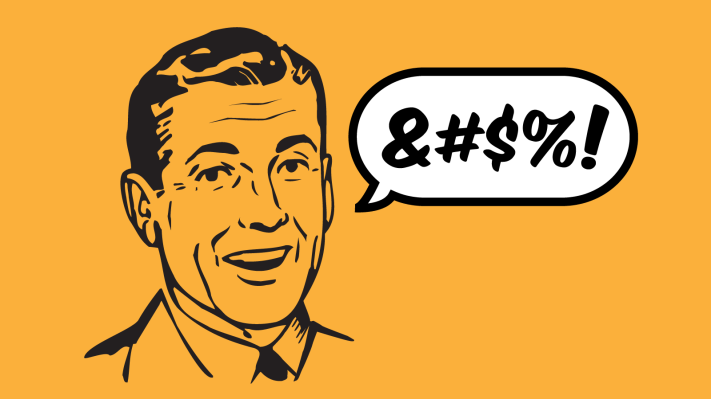Editor’s note: Matt Hulett is the CEO of ClickBank.
The dialogue of today’s corporate leaders is changing, and as the polished personas of the past begin to disappear into a sea of corporate babble, a new breed of CEO has emerged with a street talk and swagger that would make your mother blush.
Case in point are leaders like John Legere of T-Mobile, Elon Musk of Tesla Motors, and Reed Hastings of Netflix. They’re the underdogs and mavericks, and what you see is what you get. They’re unfiltered and can trash talk with the best of them. But more notably, they’re unapologetic, and people love them for it. They’ve got your attention and the revenues to prove it.
But what recent trends have brought rise to this new breed of corporate leaders? While tech industry lingo has always had somewhat of a hard edge, a new generation of employees, clients and consumers has emerged with expectations for work-life integration. And as work and life become one and the same, we’ve got a new generation looking to brands and their CEOs for entertainment. Suddenly, the line between office chatter and bar talk becomes more blurred than ever.
So when is it appropriate for CEOs to swear? Can we build a corporate environment in which employees can thrive, a platform that resonates with a tech culture, all while serving a new generation that craves leaders who speak their language? Is strong language simply characteristic of corporate cultures created by fast-moving, innovative leaders? And if so, can all CEOs benefit from adopting some language that is rough around the edges in order to get a leading edge? Not so fast.
CEOs should tread very carefully. Today’s generation is hypersensitive to authenticity. Millennials can detect a bullshitter a mile away. Not all CEOs can drop an F-bomb and appeal to, engage, and motivate their followers. But if it’s authentic, if it’s you, today’s CEO shouldn’t be overly concerned about watching what they say. When we’re unfiltered, when we allow ourselves to be real, it resonates with today’s workforce and consumers hungry for authenticity, and thirsty for entertainment.
It’s when we own who we are that our employees, customers and investors truly engage and respond.
But it’s not just millennials who want to be entertained. Let’s face it, we’re all bored — our customers, clients, even investors. We spend a ridiculous amount of time and money online every day on content that will keep our attention. And not only have our attention spans decreased and our demand for “snackable” content increased, we’ve starting seeking out entertainment, and even our celebrities in unconventional places as evidenced by the rise of the YouTube star.
In fact, even CEOs are becoming celebrities in their own right. Take Richard Branson, as the founder of Virgin Group he’s got 4.8 million Twitter followers – a significant fan base on one social media channel hanging on his every word. When the lines between celebrity and CEO become blurred as people turn to brands and their leaders as a form of entertainment, it changes the game.
CEOs with dynamic personalities, bad language and all, start to rise above the masses, often with reputations preceding the brands they represent. When done correctly, CEOs can now leverage an incredibly valuable and truly authentic asset, their personal brands, to spotlight and add character to the organizations they lead. Because when CEOs use their unique personalities to teach and entertain, their messages and missions become sticky. And their companies are reaping the rewards.
At the end of the day, less important are the actual words we use as leaders, but critical is our level of authenticity. As CEOs, we should not shy away from being who we are, profanity and all. It’s the rawness, the unfiltered content, and the honesty people crave. It’s what makes us relatable. It’s when we own who we are that our employees, customers and investors truly engage and respond.
